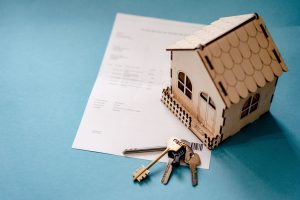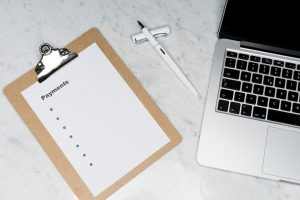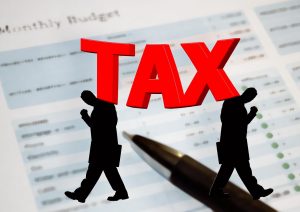When you run a business, claiming the right expenses can reduce your tax, but crossing the line can backfire. It’s vital to know what the ATO allows and what it doesn’t.
The Three Golden Rules
To be deductible, an expense must:
- Be for your business (not for private life).
- Be directly related to earning your income.
- Be supported by clear records (receipts, invoices).
If an expense mixes business and private use, you can only claim the business portion.
What You Can Claim
Here’s a practical list of expenses many businesses can claim:
- Day to day operational costs (stationery, utilities, internet)
- Repairs, maintenance, and replacement of business assets
- Wages, salaries, superannuation contributions
- Legal, accounting, consulting and other professional fees
- Marketing, advertising, website costs, social media promotion
- Vehicle expenses tied to business travel (fuel, insurance, servicing)
- Home office expenses (internet, electricity, depreciation) where you run your business from home
When you buy larger item like machinery or computers you often claim them over time through depreciation. But if you meet eligibility, you might use the instant asset write off to deduct them sooner.
What You Cannot Claim
Some costs are simply out of bounds:
- Private or domestic expenses (groceries, household bills)
- Fines and penalties (parking tickets, late fees)
- Entertainment expenses (meals, events, client lunches) except under very narrow rules
- Costs associated with income that isn’t assessable
- The GST portion of purchases you already deduct in your BAS
Be careful with claims that feel borderline. For example, if your phone or car is used partly for business and partly privately, you need to justify how much of the cost you claim and show the evidence behind it.
How to Apportion Mixed Costs
You’ll often encounter expenses that serve both business and private purposes (e.g. home utilities, mobile phone). The ATO expects you to:
- Use a fair and reasonable basis to calculate the business portion.
- Provide supporting documentation showing how you arrived at that proportion.
For home office expenses, you might apportion by floor area or hours worked from home.
When You Can Claim
- Operating expenses (utilities, wages, consumables) are typically deductible in the same year you incur them.
- Capital expenses (equipment, assets) are usually claimed over time via depreciation or using simplified rules if eligible.
- If you prepay a large expense (over $1,000) that covers future periods, you may need to apportion that cost across income years.
Why Records Matter
If you don’t have solid records, you risk losing the claim. The ATO demands:
- Invoices, receipts, or digital copies
- Documentation of your method for apportioning costs
- A thorough record keeping system for at least 5 years
Digital tools (Xero, MYOB, QuickBooks) help you organise and track expenses in real time.
What This Means for You
- Always ask: Is this expense truly for business?
- If partly private, claim only the business share.
- Keep all receipts and clearly show your calculations.
- Use depreciation or instant write off rules for big purchases.
- When in doubt, get help from a registered tax agent.
By following these guidelines, you reduce your risk of audit, avoid over claiming, and make sure you’re only claiming what you’re entitled to. If you’d like help reviewing your expenses or setting up a compliant system, RG Partners is ready to assist.







